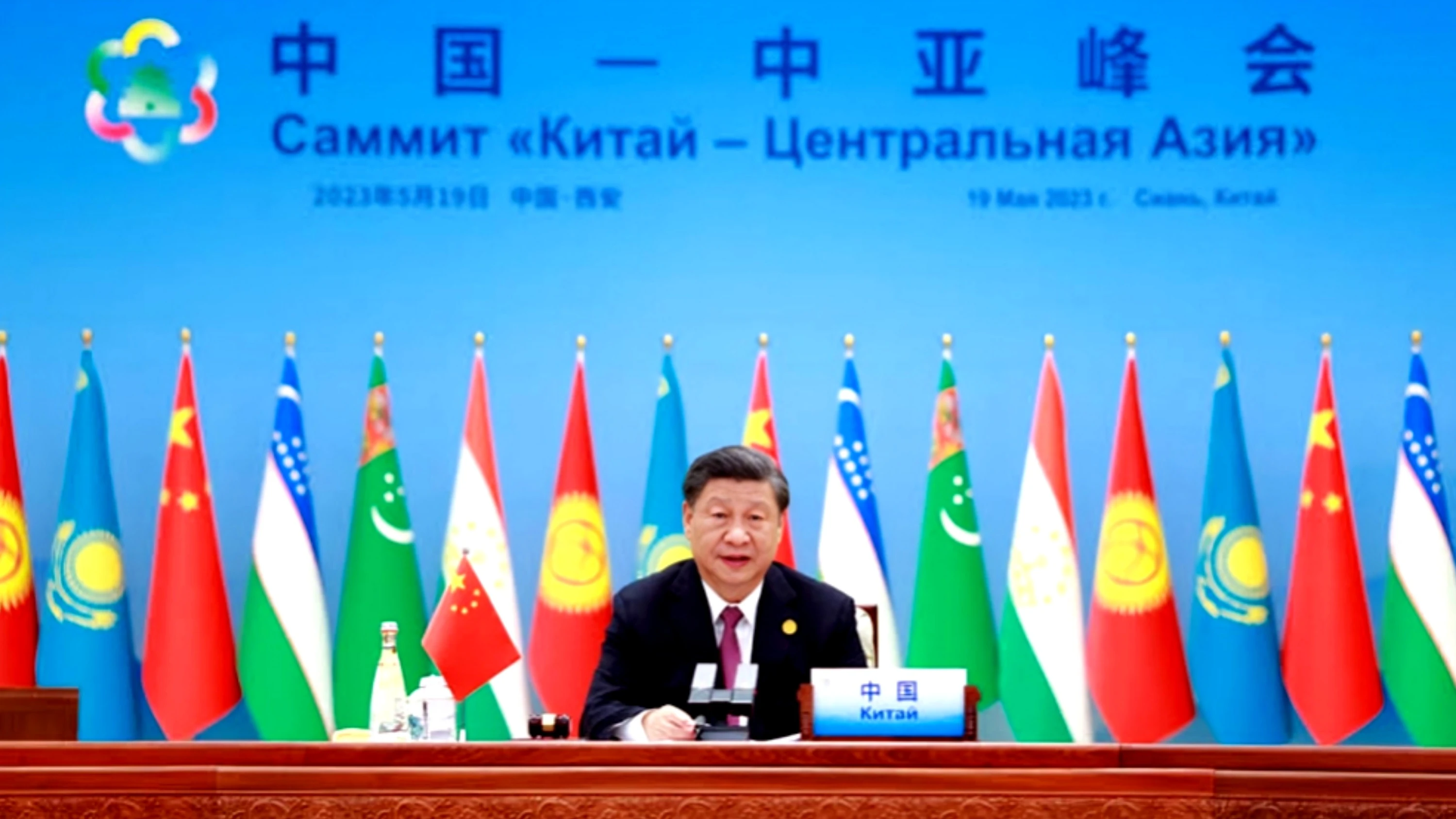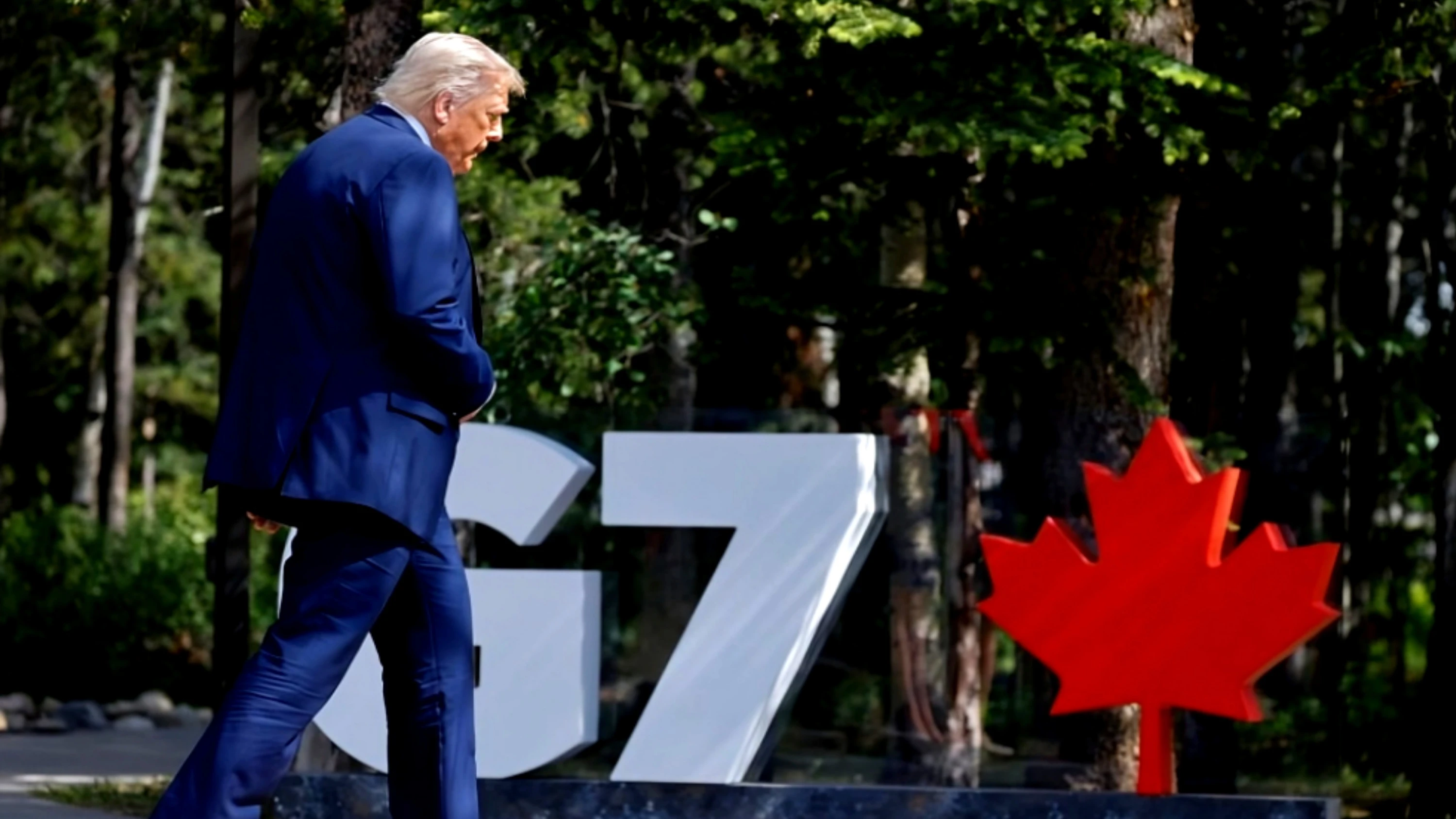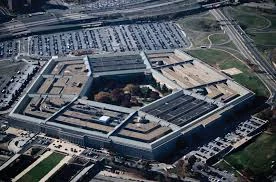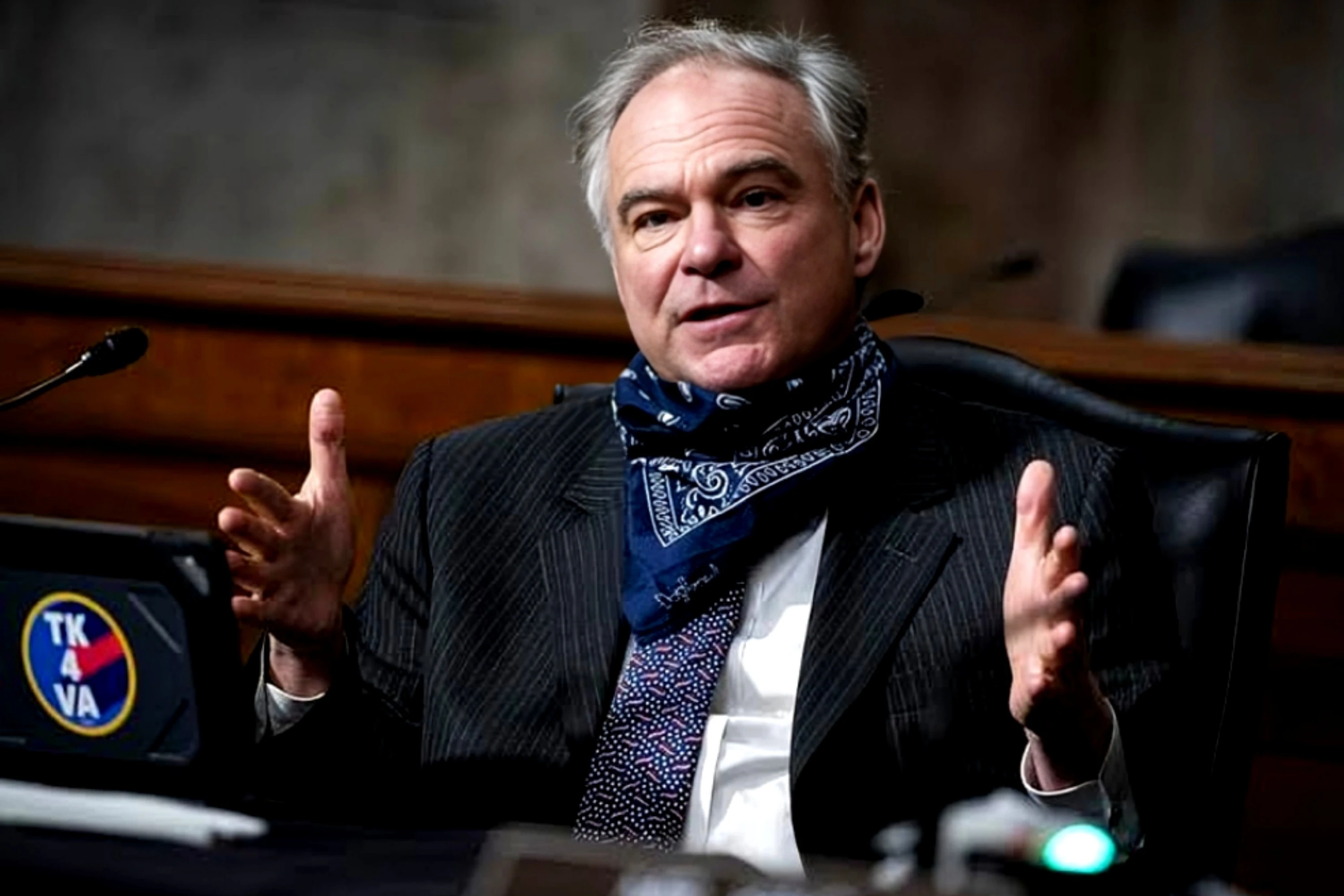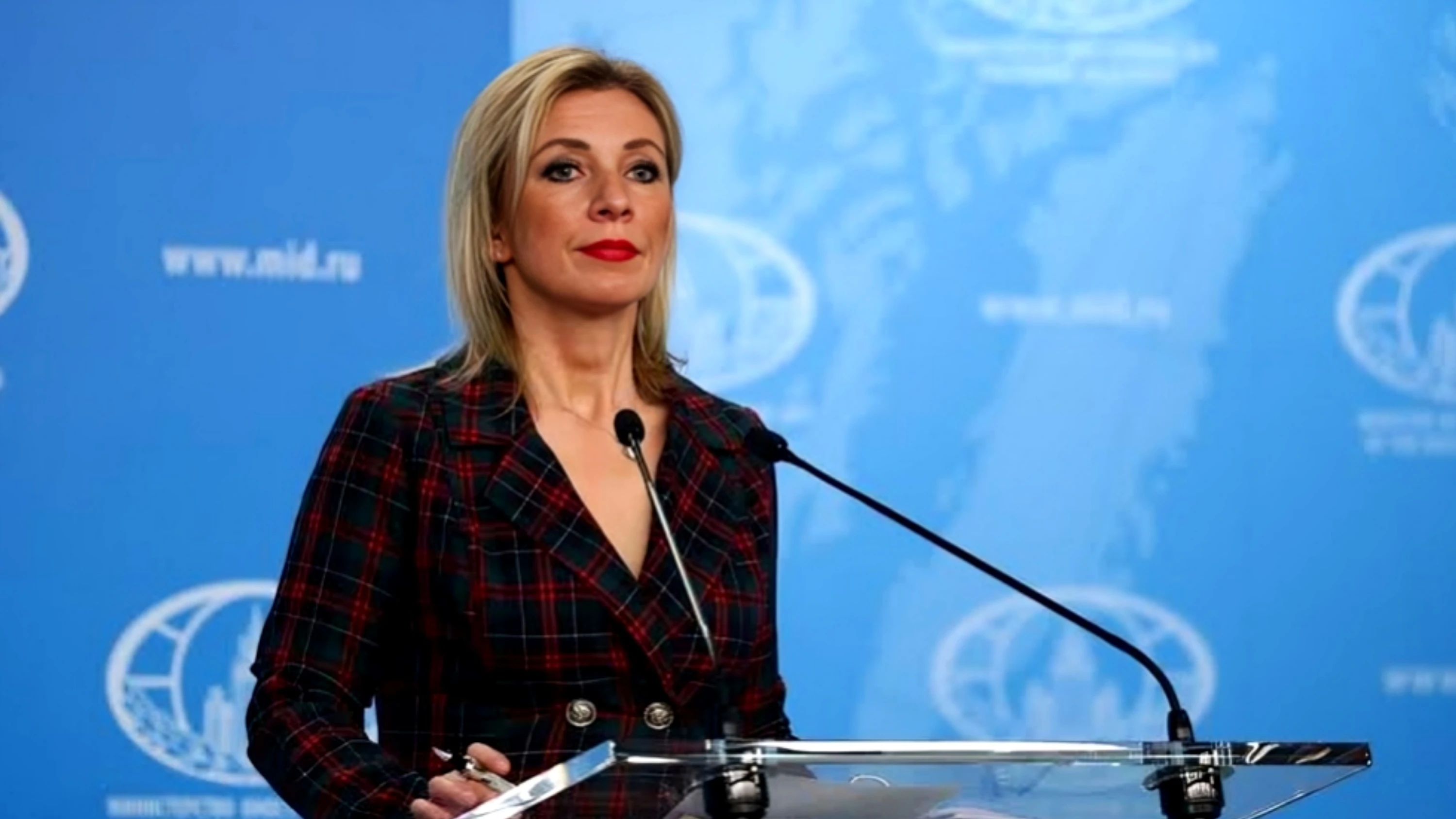Washington: US President Donald Trump asserted on Thursday that trade discussions between the United States and China had resumed, despite Beijing's official denial of any ongoing negotiations.
Speaking during a joint press conference with Norway’s Prime Minister at the White House, Trump said, “They had a meeting this morning,” referring to alleged US-China talks. He refrained from naming any Chinese officials involved, adding vaguely, “It doesn’t matter who ‘they’ is… we’ve been meeting with China.”
Earlier in the day, China’s Ministry of Commerce struck a contrasting tone. Spokesperson He Yadong stated unequivocally that no talks were taking place between the two countries. “There are currently no trade negotiations underway between China and the United States,” He said, dismissing foreign media reports suggesting otherwise as “speculative and baseless.”
This follows Trump’s announcement on Tuesday that the US might lower tariffs on Chinese imports, though not eliminate them entirely. Currently, the US levies 145% tariffs on Chinese goods, while China has imposed 125% duties in retaliation. Beijing has also rolled out non-tariff measures, such as curbing rare earth exports and pausing Boeing aircraft purchases. According to The Wall Street Journal, the White House is contemplating scaling back tariffs to a range of 50% to 65%.
Responding to Trump’s tariff comments, He Yadong urged the US to abandon unilateral actions and pursue dialogue based on equality. “The US should completely remove all arbitrary tariff measures if it truly seeks resolution,” he said.
Later Thursday, Trump took to Truth Social to criticize China’s failure to complete aircraft deals with Boeing, calling it an example of how “China has taken advantage of the USA for years.” He also blamed China for the influx of fentanyl into the US via Mexico and Canada, which he claims has led to widespread fatalities. In February, he introduced new tariffs — 20% on China and 25% on Canada and Mexico — in response to fentanyl trafficking.
Despite the ongoing tensions, Trump’s apparent softening on tariffs and his more conciliatory remarks toward Federal Reserve Chair Jerome Powell helped drive a rally across global stock markets. Thursday marked the fourth consecutive day of gains, buoyed by improved investor sentiment.
The S&P 500 surged 2%, reaching its highest level since early April — just after Trump introduced “reciprocal tariffs.” European stocks also climbed, with Germany’s DAX and the Euro Stoxx 600 both advancing for the second week in a row.
Markets across Asia followed suit on Friday. Japan’s Nikkei 225 jumped over 2%, while South Korea’s Kospi added more than 1%. Hong Kong’s Hang Seng Index rose 1.5%, recovering much of its earlier losses for the month. The People’s Bank of China reiterated its commitment to supportive monetary policy amid the ongoing trade uncertainty.
Meanwhile, US Treasury Secretary Scott Bessent is reported to be engaging in economic discussions with both Japanese and South Korean officials.



